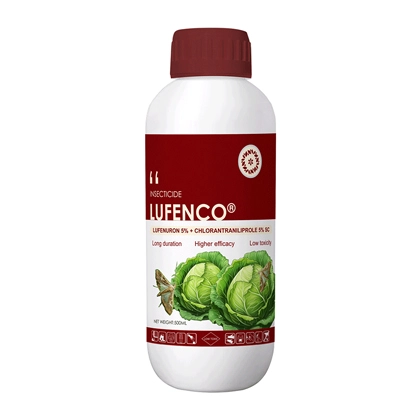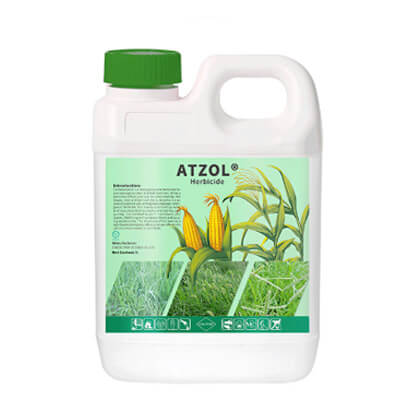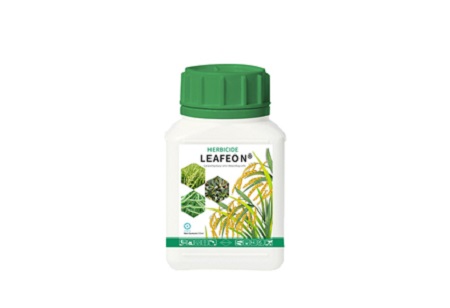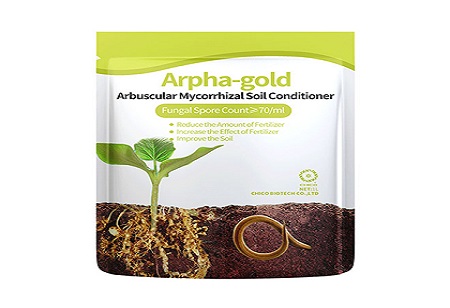
Amino Fertilizers: An Eco-Friendly and Sustainable Alternative to Synthetic Fertilizers
In recent years, there has been a growing concern regarding the environmental impact of synthetic fertilizers. As society becomes more conscious of the need to adopt sustainable practices, the demand for eco-friendly alternatives has also increased. One such alternative gaining popularity is amino fertilizers. In this blog post, we will explore what amino fertilizers are, how they can contribute to a sustainable agricultural system, and their benefits for both the environment and crop production.
Understanding Amino Fertilizers and Their Composition
Amino fertilizers are organic fertilizers derived from natural sources, such as animal and plant proteins. These fertilizers are composed of various amino acids, which are the building blocks of proteins essential for plant growth. Unlike synthetic fertilizers, amino fertilizers contain a mix of nutrients, including macro and micronutrients, making them a comprehensive source of plant nourishment. This organic composition sets them apart as a sustainable alternative to synthetic fertilizers.
The Environmental Impact of Synthetic Fertilizers
Synthetic fertilizers have been widely used in conventional farming methods for decades, promoting the rapid growth of crops. However, these fertilizers have serious environmental implications. When applied excessively or without proper management, synthetic fertilizers can lead to water pollution through runoff and leaching. This contamination poses risks to aquatic ecosystems, degrading water quality and harming marine life. Furthermore, synthetic fertilizers contribute to greenhouse gas emissions, exacerbating climate change. It is crucial to find eco-friendly alternatives that minimize these negative impacts.
Benefits of Amino Fertilizers for Sustainable Agriculture
Reduced Environmental Pollution: Amino acid agriculture fertilizer is known for the slow-release properties, ensuring a steady nutrient supply to plants while minimizing leaching and runoff. This characteristic significantly reduces the risk of water pollution, protecting aquatic ecosystems and preserving water quality.
Enhanced Soil Health: Amino fertilizers have the ability to improve soil structure and fertility by replenishing essential nutrients and organic matter. As these fertilizers are made from natural sources, they promote soil microbial activity and increase nutrient availability, fostering healthy soil ecosystems.
Nutrient Efficiency: Amino fertilizers are readily absorbed by plants due to their organic composition. This results in higher nutrient uptake efficiency, minimizing wastage and maximizing crop productivity. Furthermore, the slow-release nature of amino fertilizers ensures a more sustainable and long-lasting supply of nutrients, reducing the need for frequent applications.
Amino Fertilizers and Crop Yield
When it comes to crop yield, research and practical applications have shown promising results with the use of amino fertilizers. These fertilizers promote root development, stimulate plant growth, and enhance crop yield. Additionally, amino acids present in these fertilizers play a vital role in increasing plant resistance against diseases and pests, reducing the reliance on harmful pesticides.
As the world moves towards more sustainable agricultural practices, amino fertilizers are emerging as a reliable and eco-friendly alternative to synthetic fertilizers. Their organic composition, along with their ability to reduce environmental pollution and enhance soil health, make them a valuable asset in sustainable crop production. By choosing amino fertilizers, we can not only maximize yield and crop quality, but also contribute towards a healthier and more sustainable planet. Let's embrace this eco-friendly solution for a greener future!



























